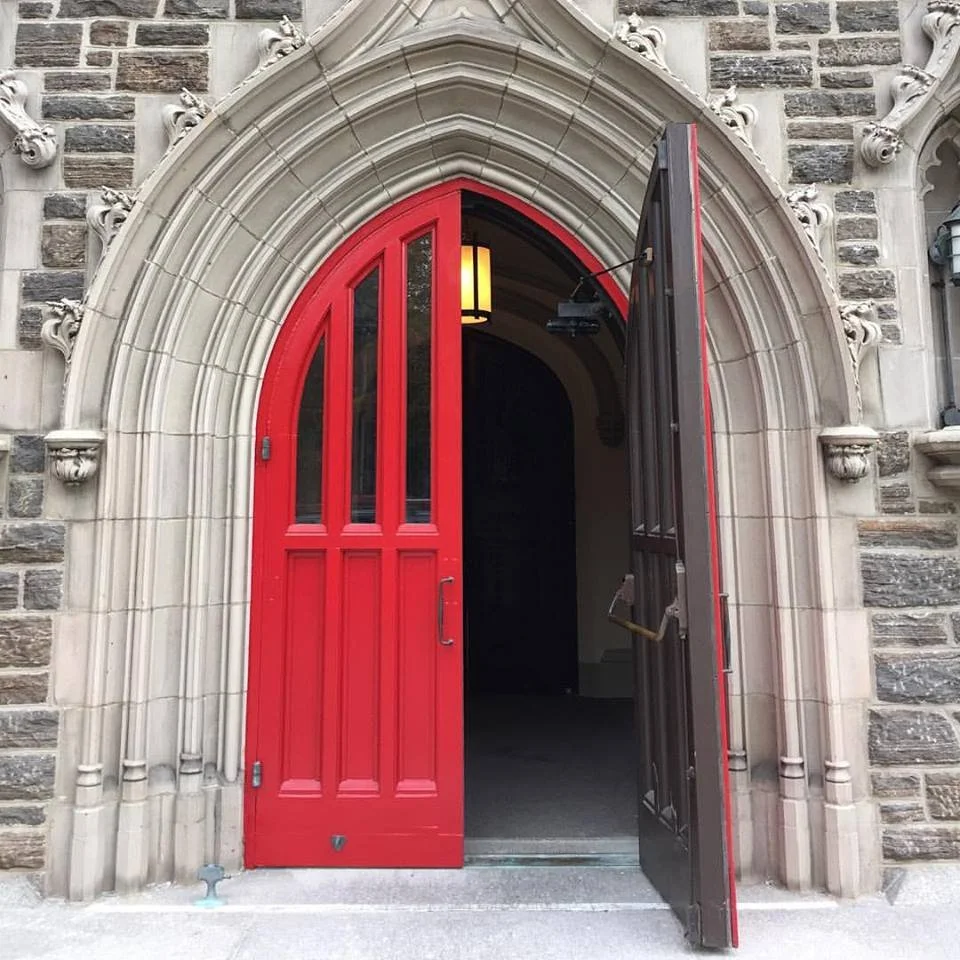I don’t know if C.S. Lewis originated the concept, but he at least popularized the idea that Christianity isn’t a religion, but a relationship.
His reasoning was that religion is what humanity does in order to please God, and Christianity espouses that we can’t do anything to earn favor with God. As Paul wrote: “He saved us, not on the basis of deeds which we have done in righteousness, but according to His mercy . . .” (Titus 3:5).
Humanity has done some strange things in order to please God over the years, and some terrible things, too.
James Michener’s “Hawaii,” published in 1959, has been called a “hit piece” on Christianity and Christian missionaries. The charge is that the missionaries corrupted the native Hawaiian culture. What Michener downplays is that some Hawaiians were sacrificing their infants to the fire god, Oro, when the Christian missionaries found them. The Hawaiians did this in order to earn the favor of their god.
Paul himself was very religious when he took up the cause of persecuting the church. He was a Pharisee which meant he’d been through pretty rigorous training for God’s work. But he met Christ on the road to Damascus and found something that had been missing in his life. He found new faith and a new life purpose in partnership with Christ.
It’s always been striking to me that Dr. Luke specified in Acts 26 that Jesus spoke to Paul in Aramaic on this occasion. Aramaic is not pure Hebrew, but a conversational version of it. Mel Gibson chose to use Aramaic in his film, “The Passion of the Christ.” Most of the biblical films I’ve seen have God or Christ speaking British English, which is different from American English. The only exception is Johnny Cash’s 1973 film about the life of Christ called “Gospel Road” in which the actors spoke Southern English!
I think the point is that God speaks our language, no matter what it is. American Gideons have published the Bible in some 100 languages. God speaks to everyone through his word, and he has also called pastors and missionaries to preach the gospel in the language of all people throughout the earth. So, the God of the Bible finds a way to communicate his love to everyone.
In a unique way, God summons us to himself. We come to him for forgiveness and salvation, find ourselves “in him” in relationship and one day will be with him in eternity. The Christian faith is from top to bottom a relationship with the risen Christ. We celebrate his gift of fellowship with us not based on our goodness but on his initiative. He’s a seeking God.





